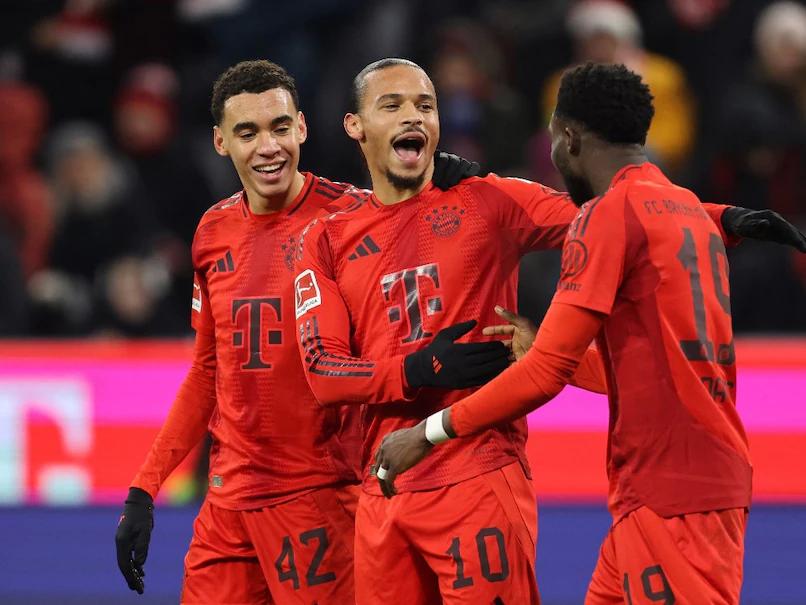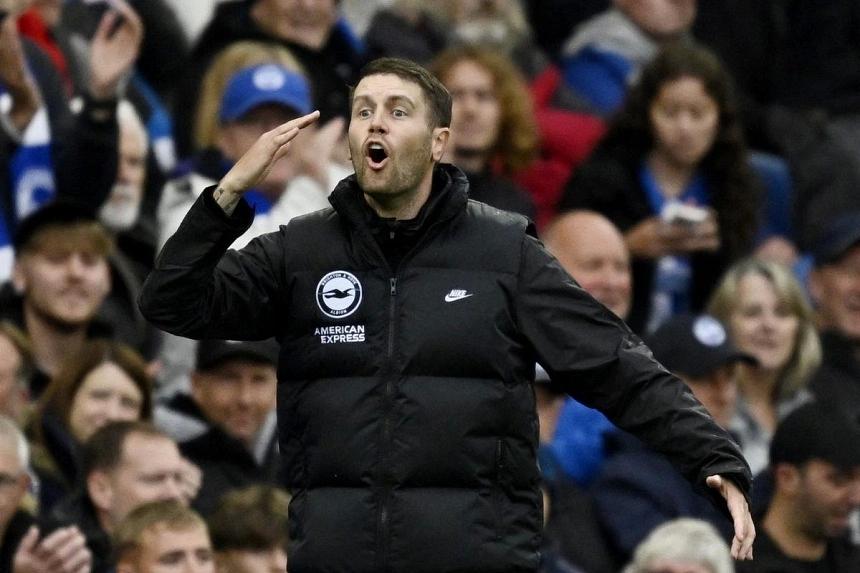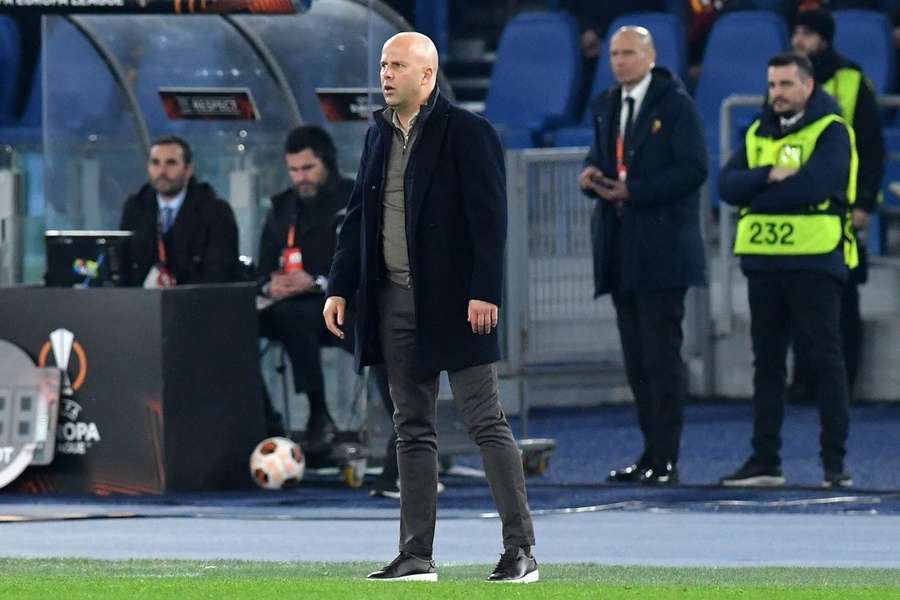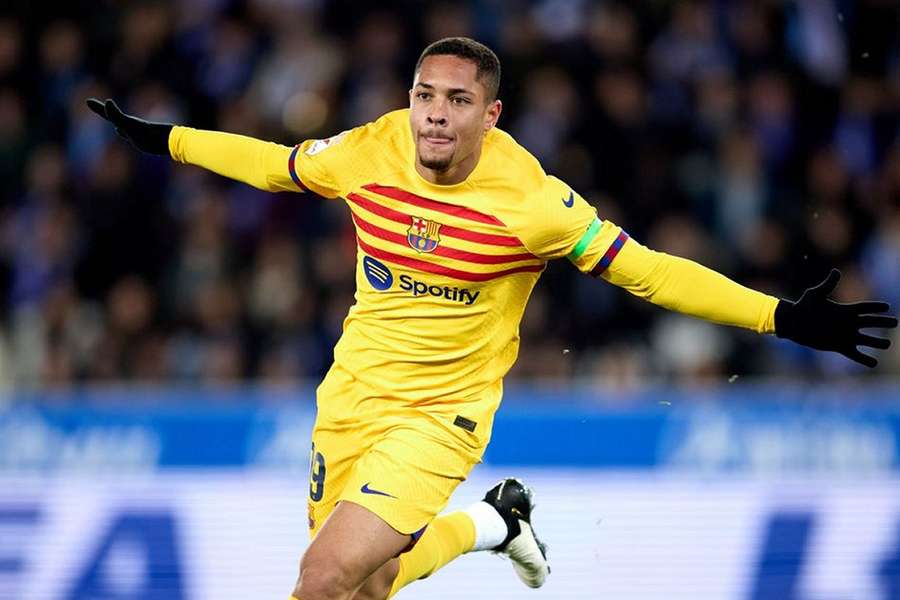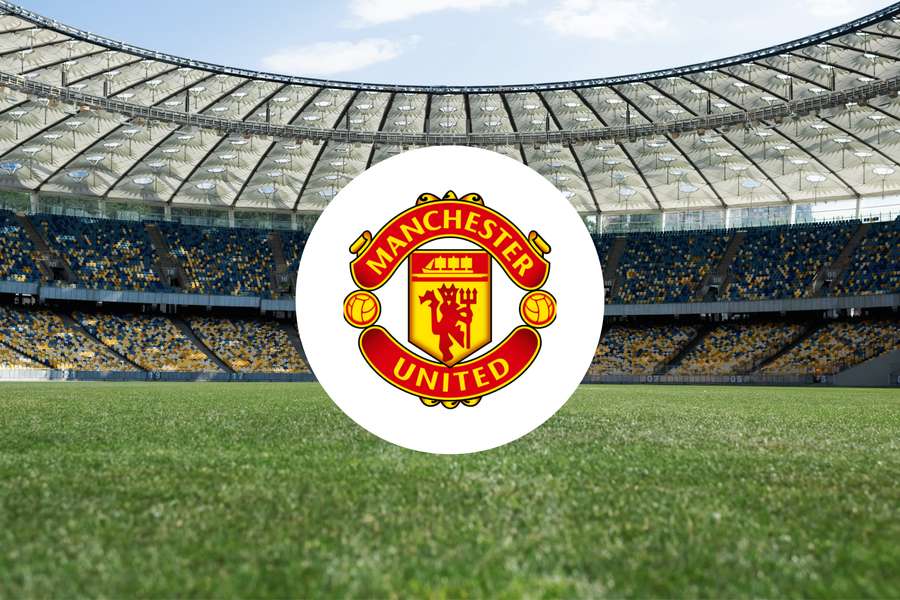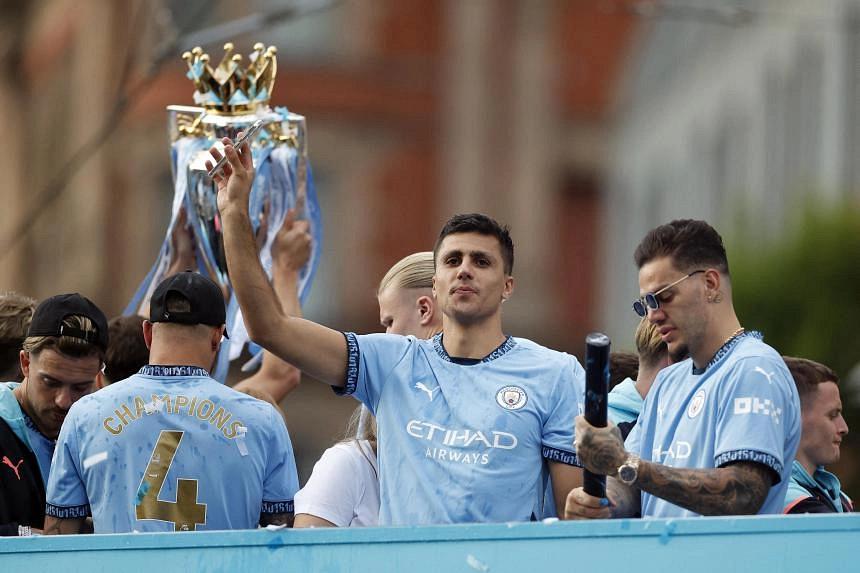Evergrande players sold jerseys incident
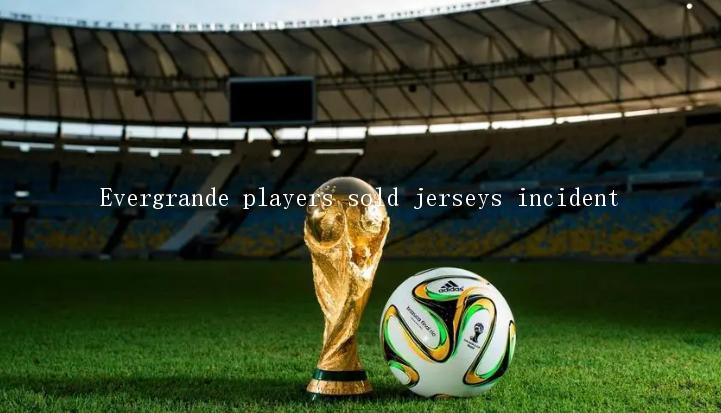
The incident of Evergrande players selling jerseys has attracted widespread attention. The core of the incident was that Evergrande Club players sold their jerseys to fans after the game, which triggered a series of controversy. The controversy is mainly divided into two groups. One group believes that this is a personal act of the players and they have the right to control their own jerseys; the other group believes that players should return the jerseys to the club or conduct a charity auction to increase fans 'recognition of the club.
In this incident, Evergrande players involved the balance between business activities and professional ethics. From a commercial perspective, players can gain financial benefits from selling jerseys to fans, which is a reasonable behavioral choice for players. However, from the perspective of professional ethics, players, as representatives and images of the club, should have a certain sense of responsibility and should not put personal interests first, but should consider the emotions of fans and support for the club.
In addition, club management was also a key issue in the incident. Whether the club has clear regulations and constraints in its management, as well as how to effectively communicate and guide the relationship between players and fans, are areas that need reflection and improvement. Clubs can regulate the behavior of players by establishing clear management systems, and can also have more in-depth exchanges with fans to enhance mutual understanding and trust.
The incident of Evergrande players selling jerseys involves the contradiction between commercial interests and professional ethics, and also exposes problems in club management. To solve this problem, we should strengthen professional ethics education for players and encourage them to better understand their responsibilities and obligations as club representatives. At the same time, clubs should also actively improve their management systems, strengthen communication and communication with fans, and establish a good relationship of trust. Only in this way can we achieve a balance of interests among players, clubs and fans and promote the healthy development of the football industry.
RELATED STORIES



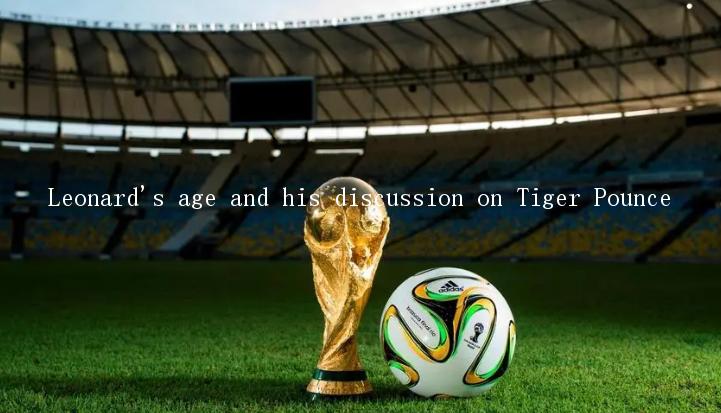
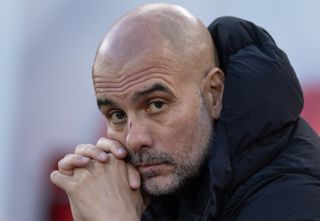
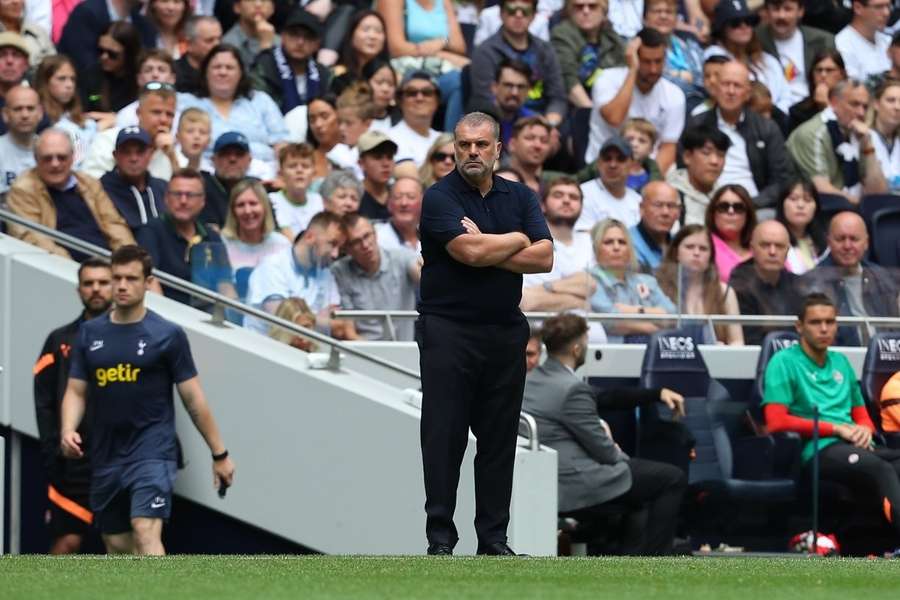
LATEST NEWS
